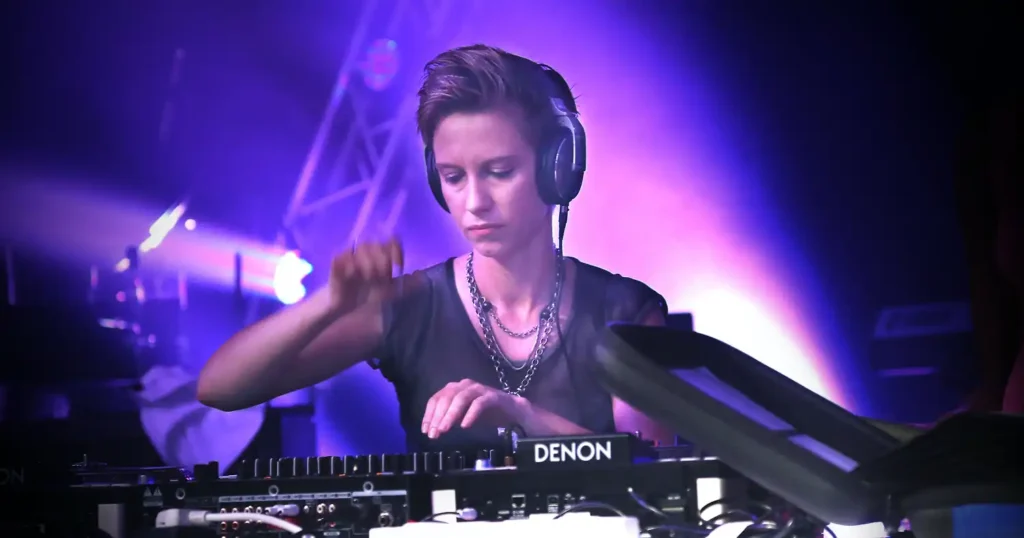Music licensing is a complex process that allows individuals and businesses to legally use copyrighted music for various purposes. It involves obtaining permission from the copyright owner to use their music in exchange for a fee or royalty payments. There are different types of music licenses that accommodate various uses, such as public performance, synchronization, and mechanical licenses.
One of the most common types of music licensing is a public performance license, which allows music to be played in public spaces, such as restaurants, bars, and retail stores. This type of license ensures that music creators are compensated for the use of their music in these spaces. Many businesses obtain public performance licenses through Performance Rights Organizations (PROs) such as ASCAP, BMI, and SESAC, which act as intermediaries between music creators and businesses seeking to use their music. These organizations collect fees from businesses and distribute them as royalties to the music creators.
Synchronization licenses are another important aspect of music licensing, as they allow copyrighted music to be used in conjunction with visual media, such as TV shows, movies, commercials, and video games. This type of license grants the rights to synchronize a musical composition with visual images, ensuring that the music creator is properly compensated for the use of their work in these contexts. Synchronization licenses are typically negotiated directly between the music creator or their publisher and the producer of the visual media.
In addition to public performance and synchronization licenses, mechanical licenses are essential for using copyrighted music in the production of physical or digital copies, such as CDs, downloads, and streaming. Mechanical licenses grant the rights to reproduce and distribute a copyrighted musical composition, and the fees for these licenses are typically set by government regulations or negotiated directly between the music creator or their publisher and the party seeking to use the music.
The music licensing process can be complex and daunting for many individuals and businesses, but it is essential for ensuring that music creators are compensated fairly for the use of their work. Failing to obtain the proper licenses can result in legal consequences for copyright infringement, which can be costly and damaging to a business’s reputation. Therefore, it is important for businesses and individuals to understand the different types of music licenses and to obtain the necessary permissions before using copyrighted music in their projects or commercial activities.
For music creators, understanding the music licensing process is crucial for protecting their rights and maximizing their earnings from their work. By working with music publishers, record labels, or music licensing agencies, music creators can ensure that their music is properly licensed for various uses and that they receive fair compensation for their creative efforts. Additionally, music creators can also consider joining PROs to help collect and manage their royalties from public performance licenses.
Overall, music licensing is a critical aspect of the music industry that ensures fair compensation for music creators and legal use of copyrighted music for various purposes. By obtaining the necessary licenses and permissions, businesses and individuals can enjoy the benefits of using music in their projects and activities while respecting the rights of the music creators.


